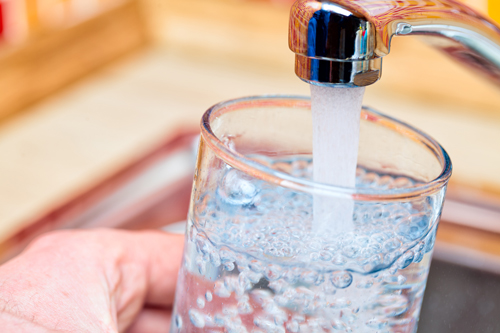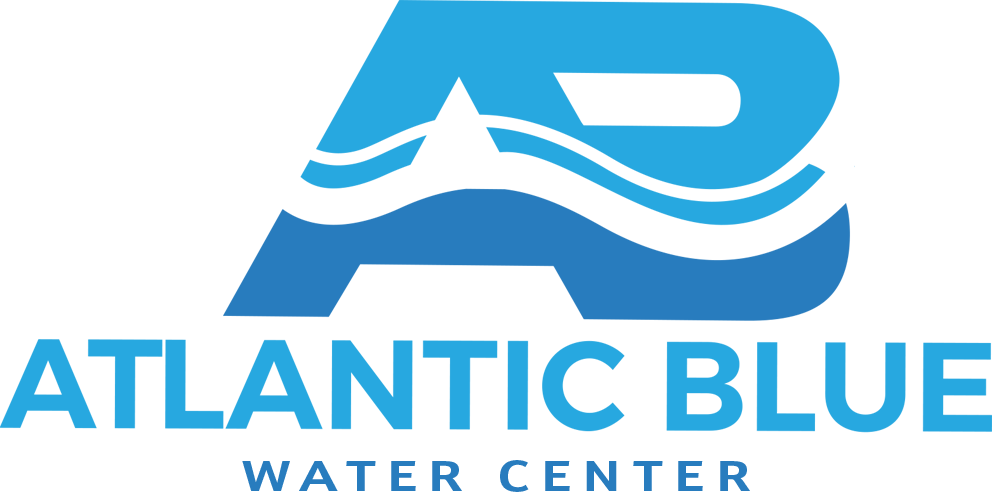No homeowners want to put their children and family at risk, but the things that you can’t see might be hurting you. Water can be a serious hazard, as many contaminants and hazards are virtually invisible unless you have professional testing performed. Because we use water all around the house to wash our clothes, drink, cook, wash our dishes, water plants and more, serious pesticide and contamination issues can have effects that go far beyond your personal health. One of the most dangerous substances that can be found in your water supply is pesticides. If you have pesticides in your water, you could be in immediate danger of serious health concerns. How can you know whether or not they are present?
Pesticides 101
Pesticides include a broad spectrum of substances that are used to kill or manage pests like insects, fungi, weeds and more. Because pesticides are used to manage so many different types of organisms and substances, they are used in many different manufacturing processes, around many facilities and when growing food. The term pesticide also includes many other categories of treatments like herbicides, fungicides, insecticides, nematocides and rodenticides. While all of them are not necessarily toxic, many of them can be toxic to animals and humans and lead to both short-term and long-term health impacts depending on your method of exposure and how much you were exposed.
Concerningly, many pesticides that are now banned can still be found in the water supply and in the soil. Some of them are also banned in countries like the United States but still in use throughout many developing countries, which can make it harder to manage your exposure. Out of the 1,000+ pesticides used throughout the world, one or more of them might be pesticides in your water.
How Do You Get Pesticides in Your Water?
There are many different ways that pesticides can enter your water, and the concern is higher for those that have private wells and rely on local supplies. Farmland is a common cause of pesticides entering water. When there is excessive irrigation or rain, the soil often cannot hold the amount of water being pushed on it, which can wash pesticides and pesticide residue into freshwater and ground water supplies.
There are a variety of factors that can impact how dangerous pesticides in your water are, including:
- The active ingredients in the pesticides
- Any contaminants or impurities that were present in the pesticides
- Any additives that are part of the pesticide formulation like solvents, buffers, adhesives, wetting agents, emulsifiers and more
- The half-life of the pesticides
- How mobile the pesticides are in the soil or in the water
- How soluble the pesticides are in water
- The temperature of the soil
- The irrigation management of the house or farm using the treatments
- Amount of rainfall in the area
Groundwater supplies can experience the effects of pesticides for a long period of time, as it can move very slowly and take decades for all of the contaminated water to move beyond the wells that were impacted. Because it moves unpredictably, this can also make it challenging to know which private wells will be affected and when the impact will occur.

What Are the Health Effects of Pesticides?
The impacts that you experience from pesticides in your water will vary based on the factors listed above. Some of the many different health consequences that might occur include:
- Vomiting
- Stomach pain
- Gastrointestinal symptoms
- Headaches
- Dizziness
- Seizures
- Cancer
- Fetus deformities
- Genetic mutations
- And more!
If you are experiencing symptoms right now that you are concerned might be related to consuming pesticides in your water, you should not wait for testing or treatment and seek medical care immediately. Your health should be your top priority, so schedule an appointment or visit the emergency room. Once you are okay, the team at Atlantic Blue Water Center can assist you with testing and treatment to make sure that your water is safe and healthy.
How Can You Prevent Pesticides in Your Water?
One of the best places to start when removing pesticides is by testing for the presence of them. We can perform a comprehensive water test that will measure for dangerous contaminants and substances that might be present. Once we get these results in, we can connect you with the right filtration options to remove them. Two of the best ways to remove many pesticides from drinking water are reverse osmosis systems and granulated activated carbon (GAC) filters. These, especially when used in conjunction, can remove both larger and smaller molecules to ensure a clean and fresh final result. We can help assess your current water and determine which options are right for the volume of water that you need to use each day, your budget, your maintenance preferences and more. There can also be dual solutions, like using a more rigorous filtration process for water that you are drinking and using another filtration process that is less strict for water that is being used only for washing clothes or around the house without ingesting it.
If you use pesticides on your property, you should always limit the usage as much as possible and make sure that you are storing, mixing and using them properly. When you are being careful and minimizing use as much as possible, it is much easier to prevent them from entering your water supply or the water supplies of your neighbors.
Make Sure That Your Home Water Supply Is Safe to Drink with Atlantic Blue Water Center
We provide water treatment and water softening solutions for homeowners that want a cleaner water supply and water that is free from hazardous carcinogens that can contribute to increased cancer risk. We’re also focused on providing additional education on water treatment, water quality, and issues associated with water contaminants. Call us at (410) 751-9200 to schedule your in-home water testing appointment today.
